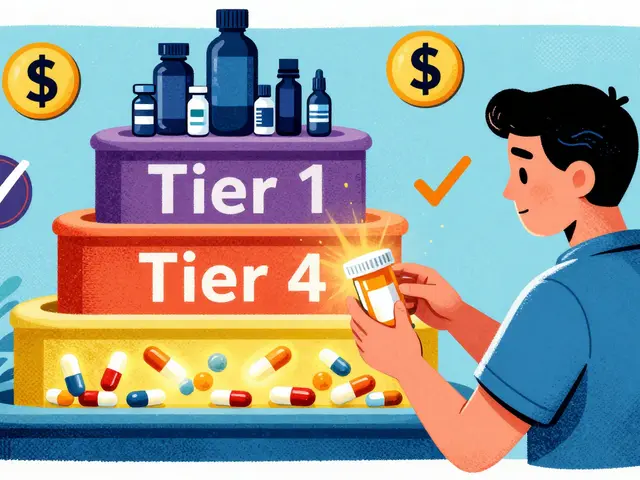Menopause: What to Expect and How to Feel Better
Menopause is simply the time when your periods stop for good. Most people notice it in their late 40s to early 50s, but symptoms can start years earlier. If you’re dealing with hot flashes, sleep loss, mood swings, or vaginal dryness, you’re not alone — and there are clear steps you can take right now to feel better.
Recognize common symptoms and tracking tips
Hot flashes and night sweats are the most talked-about issues. Track when they happen and what triggers them — spicy food, alcohol, caffeine, and stress often make them worse. Sleep problems, low libido, joint aches, and memory fog are also common. If periods become irregular or heavier/ lighter, note that too; patterns help your clinician decide what's next.
Simple tracking: keep a short daily note on frequency and severity. A week of notes often gives enough info for a productive doctor visit.
Practical treatment options that actually help
Hormone replacement therapy (HRT) is the most effective option for hot flashes, night sweats, and protecting bone density. Options include estrogen-only (if you’ve had a hysterectomy) or estrogen plus progesterone. Delivery methods vary: pill, patch, gel, or a low-dose vaginal ring/cream for local dryness. HRT isn’t right for everyone — people with certain cancer histories or clotting risks should discuss alternatives with their doctor.
Non-hormonal options can help too. Low-dose SSRIs or SNRIs, gabapentin, and clonidine reduce hot flashes for many people. Vaginal moisturizers and lubricants ease dryness during sex. For mood or anxiety, therapy and certain medications work well alongside other treatments.
Lifestyle moves matter: layer clothes, use a fan, sleep with breathable sheets, cut back on caffeine and alcohol, and skip spicy meals before bed. Weight-bearing exercise and strength training protect bone health; aim for regular activity you enjoy. Smoking makes symptoms worse and raises health risks, so quitting helps on multiple fronts.
Supplements like calcium and vitamin D support bones; discuss doses with your clinician. Some people try black cohosh or phytoestrogens, but evidence is mixed and product quality varies — check with a provider before starting anything new.
When to see a doctor? If hot flashes or sleep loss interfere with work or daily life, or if bleeding patterns change suddenly, get evaluated. Tests may include a bone density scan (DEXA) or basic bloodwork. Your clinician will weigh risks and benefits of HRT, check heart and clotting risk, and help pick the right dose and delivery method.
Menopause is a big shift, but most people find a combo of medical treatment and lifestyle tweaks that makes life easier. Start by tracking symptoms, try practical cooling and sleep strategies, and have an honest chat with your clinician about HRT or alternatives. You don’t have to manage this on your own.

Supporting a loved one going through menopause can be challenging but it's essential to be patient and understanding. It's important to educate ourselves on the symptoms and changes they may be experiencing, so we can better empathize with their situation. Offering emotional support by listening and being there for them can make a significant difference. Encouraging healthy habits, such as exercise and a balanced diet, can help alleviate some symptoms. Finally, it's crucial to maintain a sense of humor and keep things in perspective, as this phase of life is temporary and manageable with love and support.
Continue Reading

As a woman going through menopause, I've recently discovered that urine leakage is a common issue many of us face during this time. It's important to understand that this is not uncommon and is often caused by hormonal changes and weakened pelvic muscles. To manage this, I've found that incorporating pelvic floor exercises and maintaining a healthy weight can help. Discussing this concern with your healthcare provider can provide more tailored advice and treatment options. Remember, you're not alone in this experience, and there's help available to manage this symptom of menopause.
Continue Reading






